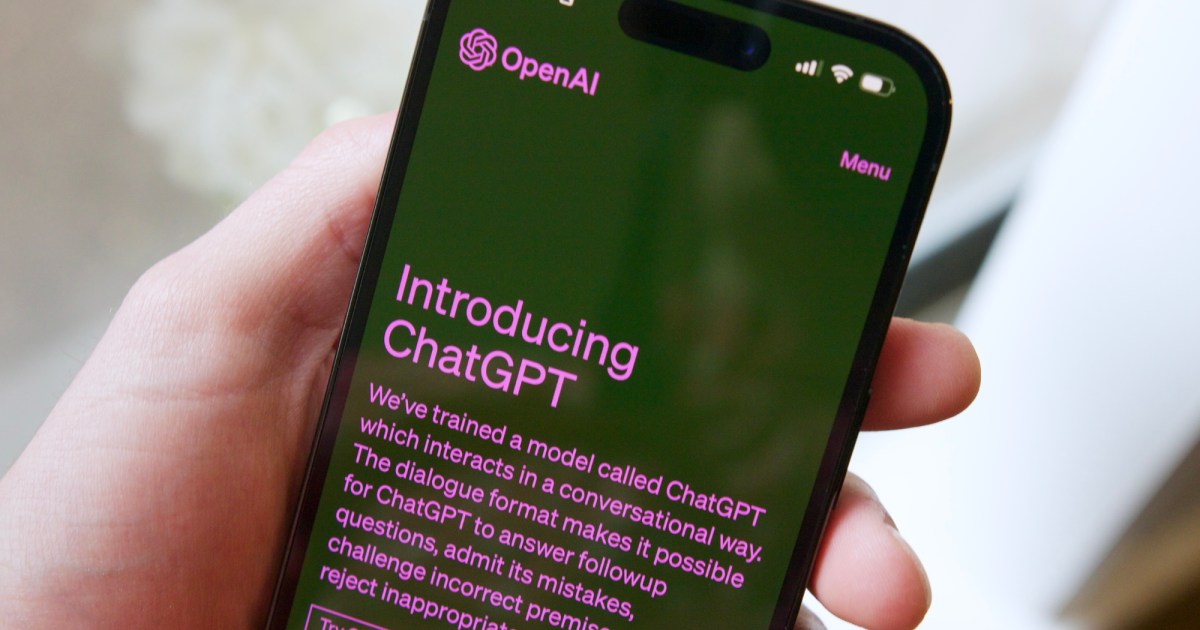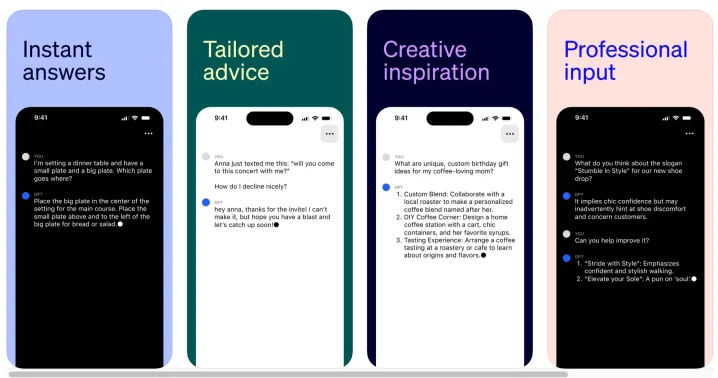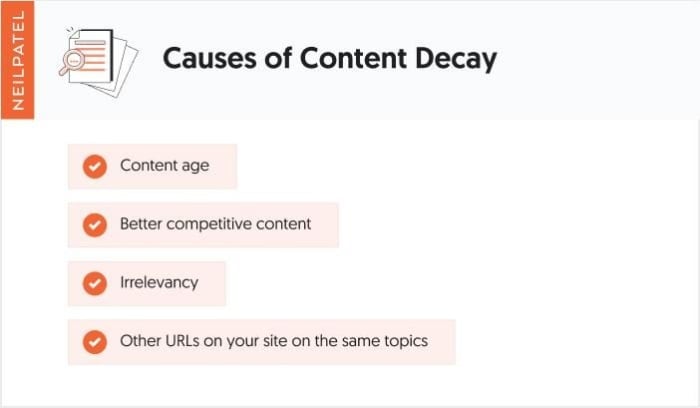OpenAI’s new ChatGPT app is free for iPhone and iPad
OpenAI has released the official ChatGPT app for iPhone and iPad owners in the U.S., with other countries coming soon.

Digital Trends may earn a commission when you buy through links on our site. Why trust us?
 OpenAI
OpenAIOpenAI has just launched a free ChatGPT app for iOS, giving iPhone and iPad owners an easy way to take the AI-powered tool for a spin.
The new app, which is able to converse in a remarkably human-like way, is available now in the U.S. App Store and will come to additional countries “in the coming weeks,” OpenAI said. Android users are promised their own ChatGPT app “soon.”
In a post on its website introducing the ad-free ChatGPT mobile app for iPhone, OpenAI outlined some of the tasks that you might want to use it for. They include:
— Instant answers: Get precise information without sifting through ads or multiple results.
— Tailored advice: Seek guidance on cooking, travel plans, or crafting thoughtful messages.
— Creative inspiration: Generate gift ideas, outline presentations, or write the perfect poem.
— Professional input: Boost productivity with idea feedback, note summarization, and technical topic assistance.
— Learning opportunities: Explore new languages, modern history, and more at your own pace.
The ChatGPT app also integrates Whisper, OpenAI’s open-source speech-recognition system for voice input. Subscribers to ChatGPT Plus will get early access to new features, faster response times in the app, and exclusive access to GPT-4 — a model more advanced than GPT-3.5, which powers ChatGPT.
“With the ChatGPT app for iOS, we’re taking another step towards our mission by transforming state-of-the-art research into useful tools that empower people, while continuously making them more accessible,” OpenAI said.
It could be that with Apple’s Siri digital assistant lacking the same kind of impressive AI smarts displayed by ChatGPT, some iPhone users will find themselves conversing more with OpenAI’s offering for virtual chats and inquiries.
Following its release in November, ChatGPT quickly went viral, with its success turbocharging AI development by other tech giants such as Google and Meta, though numerous startups are also entering the sector.
It’s also stirred heated debate about the extent to which similarly powerful generative AI technology will go on to impact industries and wider society, complementing jobs while replacing many others. Some AI experts, including the so-called “godfather of AI” Geoffrey Hinton, have said that while the technology offers many potential benefits, urgent regulation is needed to reduce the chances of it being used for nefarious purposes. Hinton even expressed fears that the technology could one day become too powerful and destroy humanity itself. OpenAI’s CEO, Sam Altman, also warned recently that we may not be that far from “potentially scary” AI and said that regulating it is “critical.”
In a bid to keep up with the fast-evolving technology, lawmakers in the U.S. and beyond are currently looking at how to regulate the technology.
Editors' Recommendations
ChatGPT: How to use the AI chatbot that’s changing everything Professor flunks entire class based on ChatGPT’s false claims ChatGPT misidentified Japan’s PM, digital minister says OpenAI’s new Shap-E tool is Dall-E for 3D objects Forget ChatGPT — Siri and Google Assistant do these 4 things better![]()
Not so many moons ago, Trevor moved from one tea-loving island nation that drives on the left (Britain) to another (Japan)…
ChatGPT tried to pass a college exam and it didn’t go well
Studying to pass your college exams can be a stressful experience, but what if ChatGPT could just write your papers for you? That’s the question posed by researchers at the U.K.’s University of Bath, and their findings might surprise you.
According to a report from the BBC, artificial intelligence (AI) tools like ChatGPT excel at certain tasks. James Fern, a lecturer at the University of Bath, noted that “Multiple choice questions, for example, [ChatGPT] will handle those very well. We definitely were not expecting it to do as well as it did ... it was getting close to 100% correct.”
Steve Wozniak warns AI will make scams even more convincing
Steve Wozniak has been sharing his thoughts about the new wave of AI-powered tools that have gained so much attention in recent months.
Speaking to the BBC this week, the Apple co-founder said he fears that the technology will be increasingly used by cybercriminals to make online scams more convincing and therefore harder to spot.
Slack GPT: attend meetings, summarize messages, and more
Sick of attending all those work meetings every day? Slack could soon take care of them for you by sending its own chatbot to summarize what happened. That’s because Slack owner Salesforce has just introduced its own artificial intelligence (AI) tool called Slack GPT, and it could help make your workload a little easier to manage.
According to Slack and Salesforce, Slack GPT aims to bring AI to your day-to-day tasks. That might mean helping you adjust the tone of your messages to suit a certain audience, or automatically drafting emails to send to prospective clients.

 BigThink
BigThink 


































